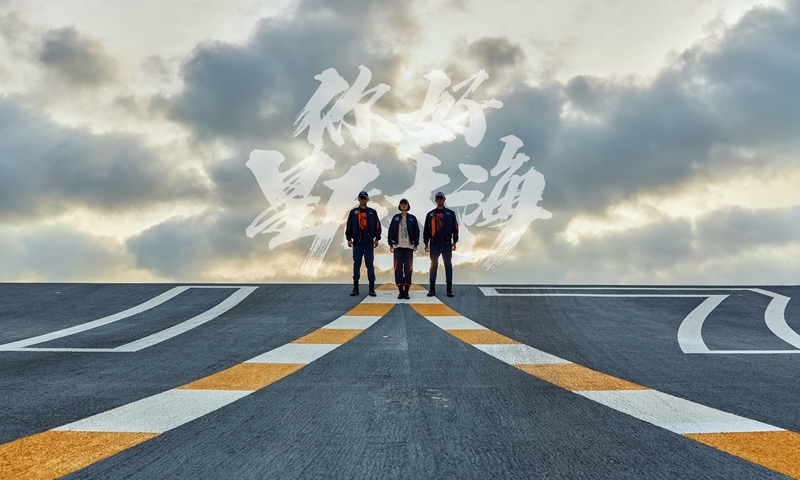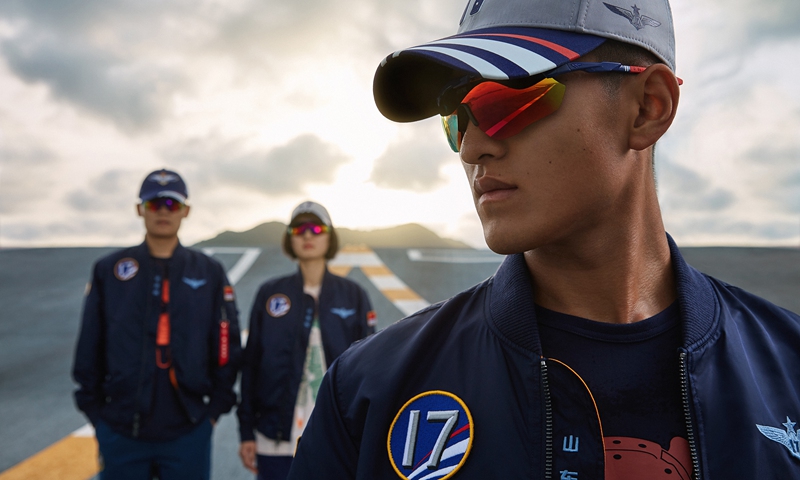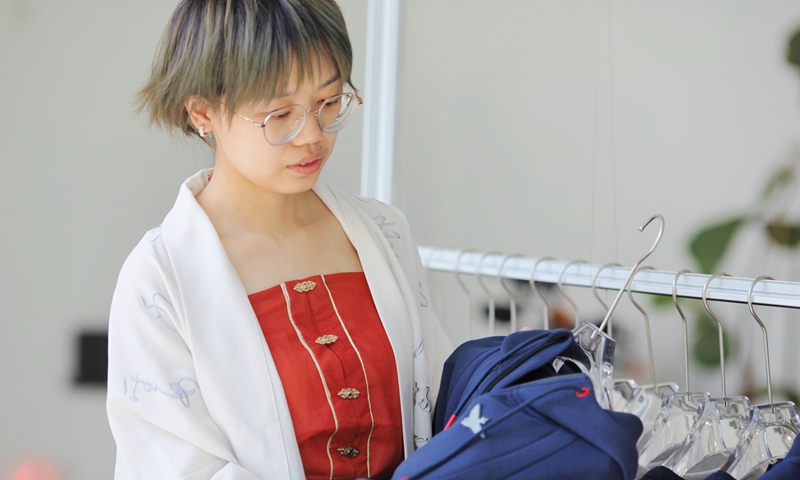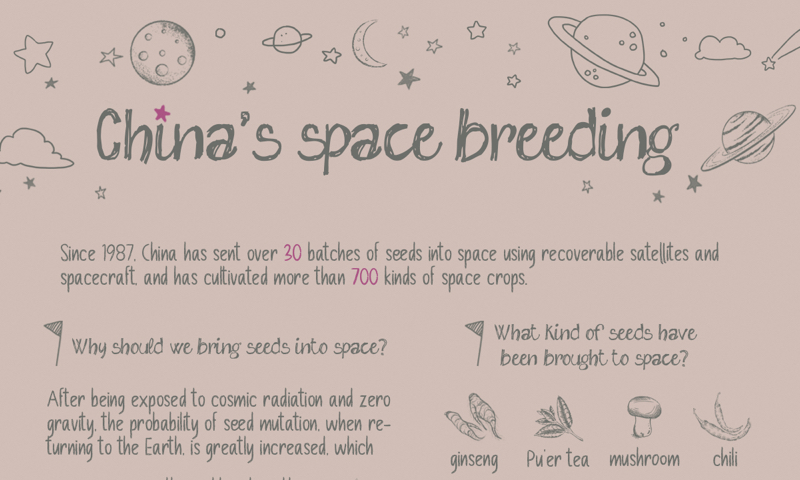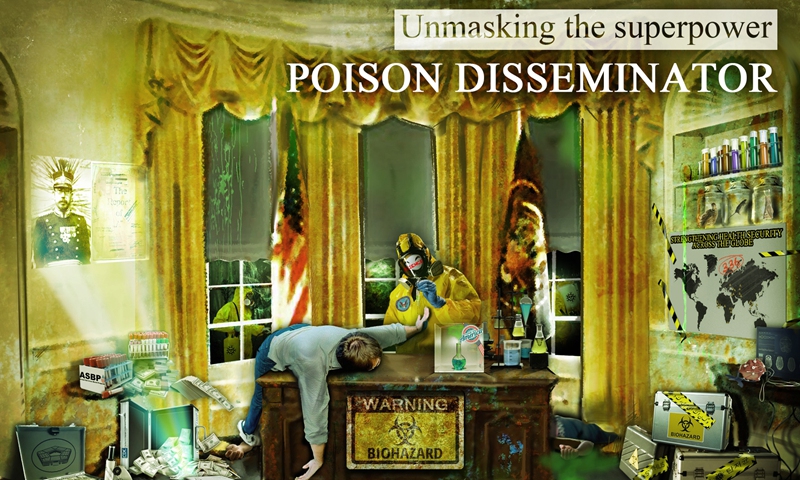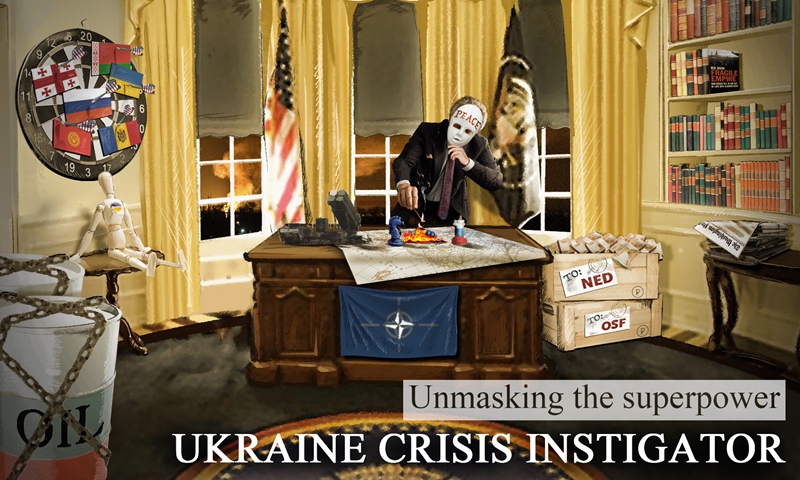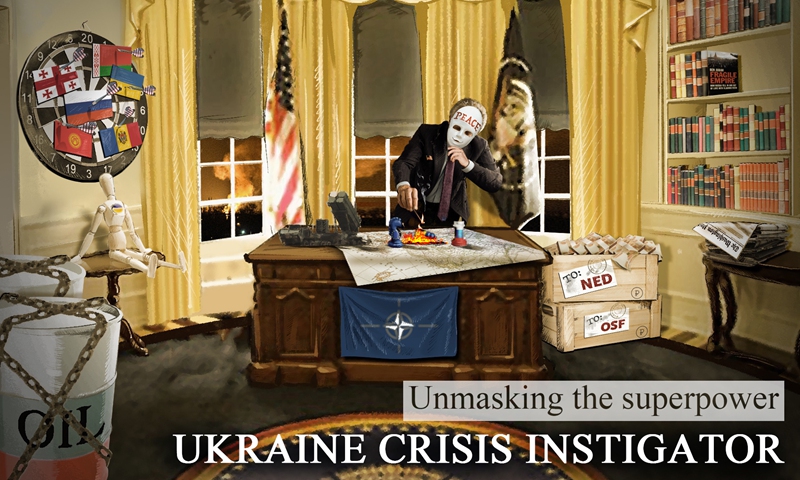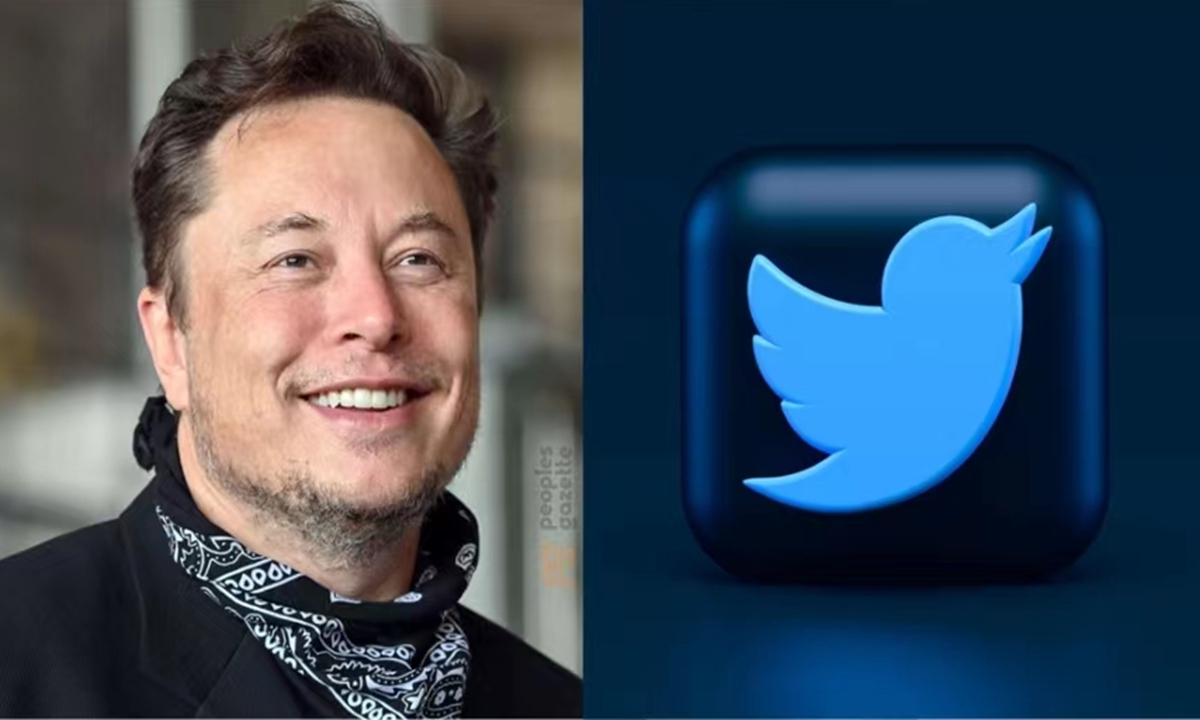International scenario likely to affect trajectory
“Hopefully we will start to see private investments gaining traction, but this depends very much also on what is going on in the international front, especially in terms of the Russia-ukraine war and global inflation.” Carmelo FerlitoDespite being on a recovery path, the country’s economic growth trajectory could be affected by uncertainties on the global front.
PMalaysia’s gradual and controlled easing of Covid-19 restrictions as it transitions into edemicity is set to give the country’s economy a much needed boost.
Despite being on the recovery path, economists have however cautioned that Malaysia’ economic growth trajectory could still be affected by uncertainties on the global front. Malaysia University of Science and Technology professor Geoffrey Williams said the ongoing Russia-ukraine war, China’s lockdowns and likely austerity in the United States and Europe are key factors that could have an impact on Malaysia’s gross domestic product (GDP) growth. “The expected negative outlook of the international economic scenario will determine the outcome of Malaysia’s second quarter GDP, not Covid-19 and borders reopening, which we expect to play a marginal role in this phase,” he told Starbiz. In a base case scenario (which refers to a set of basic assumptions where the results would lead to the most realistic outcome), Williams said Malaysia’s second quarter GDP is forecast to increase 1.3% quarter-on-quarter and 2.6% year-on-year.“This scenario implies that the GDP will be flat over the first half of 2022. This is in contrast to the consensus view of a rampant recovery with a yearly growth figure close to 5.5% and 6%. In our base scenario, we think that a 3.5% year growth is more likely.”

In a base case scenario, HELP University economist Dr Paolo Casadio said Malaysia’s first quarter 2022 GDP is projected to shrink 1.5% quarter-on-quarter and contract 0.7% year-on-year.

“This would be due to contraction in investments, negative net external demand and stagnation in private consumption. “We do not see a clear pattern in private consumption and investments, which would be consistent with a positive transition of the economy toward a systematic and sustained recovery.” Casadio added that the current phase of recovery is “a delicate transition”. “There are plenty of weaknesses and risks of a new recessionary phase, although the risk of a recession is only around 25%. Disposable income and wealth among households are not recovering due to weak real wages growth, slow increase in employment and continuing withdrawals from the Employees’ Provident Fund to finance current expenditure, even among the middle-income population.” Ferlito, meanwhile, said he was “not a big fan of GDP forecasts” when asked about his projections for Malaysia’s economic performance for the first quarter of 2022. “It’s because they fail to ignore how an eventual growth or decline is built. For example, GDP grew in 2021 by 3.1%, but that growth was mainly driven by government spending and private consumption. “This means that growth is resting on very unstable pillars, being basically financed by household and government debt and inflation.” Ferlito emphasised that private investments remained “quite stagnant” in 2021. “The key drivers of a sustainable growth path are savings, which are not measured by GDP and private investments. “I think that beyond the GDP figure, which in itself is pretty useless, we should look at the microfoundations behind it. We will be on the right path if private investments grow, while a closer look should also be devoted to the savings dynamics, which is not captured by the GDP.”Ferlito noted that Bank Negara foresees a good rebound in private investments for 2022. “This is what we need to hope for, although I believe that a lot of elements of uncertainty are still weighing on that, in particular for the first quarter of 2022.” Ferlito said the political situation in Malaysia could also have an impact on the country’s GDP performance. “Hopefully we will have elections with the emergence of a strong majority supported by a reformist agenda. Then there is the big issue of China, which in 2021 accounted for 15.5% of Malaysian exports. China is Malaysia’s first trade partner and therefore their utopic approach to Covid-19 will surely have an impact on our economy.” Ferlito added that geopolitical uncertainties in Europe could also have an impact on Malaysia’s economic performance. “Europe accounts for around 7% of the international trade of Malaysia, both in terms of import and export. Troubles there will lead to repercussions here.” Williams said the focus at the moment should be on price stability and maintaining expansionary credit conditions. “The government has managed the containment of inflation well up to now, through the control of petrol and other prices. But it was an error to allow the hike of the electric tariffs for the non-residential users in March. This is adding perhaps 0.5% to the outlook of inflation in a very critical phase.” Williams said this hike should be reversed to guarantee a low level of inflation, which is necessary to support the purchasing power of salaries. “This would be possible by redistributing the gains and costs of the increase in oil and gas that the different government-linked companies are experiencing and avoids penalising firms and households.”
Casadio meanwhile said he expects Bank Negara to maintain the current expansionary conditions and not revise the official interest rate of the monetary policy until the second half of 2022.



